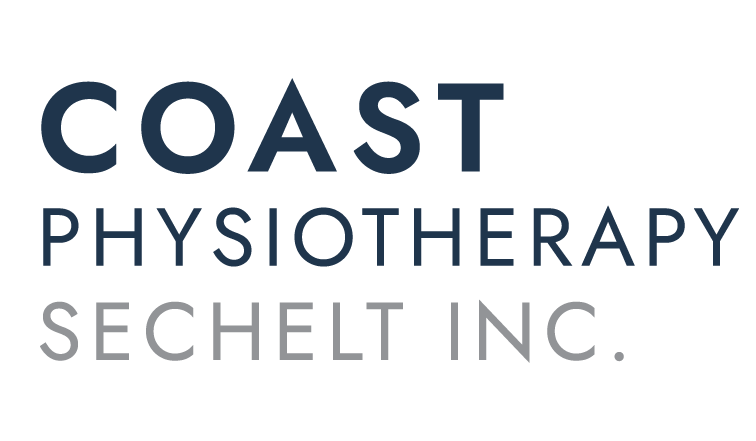
Physiotherapy and Concussion Management
A concussion is a traumatic brain injury that can occur when you hit your head or have a whiplash-type injury. The only way to diagnose someone with a concussion is based on the symptoms they have immediately or within a few days after their injury.
X-rays, CT scans, and MRIs cannot identify a concussion, but your doctor may order any of these to rule out other causes of your symptoms. For example, if you hit your head and develop a headache and dizziness and your CT scan and other medical assessments come back normal, you likely have sustained a concussion.
The good news is that up to 80-90% of people who have sustained a concussion make a complete recovery within 1 to 4 weeks.
However, the importance of resting for the first few days after sustaining a concussion cannot be stressed enough. Your brain NEEDS rest to help restore its normal functions.
Pushing through symptoms or returning to activities, work, and sports before you are recovered can result in a prolonged recovery or may result in a potentially fatal condition called second-impact syndrome.
This is why your doctor or rehabilitation professional will want you to follow a graduated return to school, work, and sport plan.
It is important to note that the earliest you can return to your usual, unrestricted activities is 1 week for adults or 2 weeks for children/teens under 18 years old.
Although many people will not get treatment before getting back to normal, there is evidence that targeted cervical (neck) and vestibular physiotherapy is more effective at facilitating recovery when compared to rest and gradually returning to activities. In one study, the group of athletes who received targeted physiotherapy treatments were nearly 4 times more likely to be cleared to return to sport after 8 weeks compared to the group who did not get specific physiotherapy treatments.
Read More
Although many people will not get treatment before getting back to normal, there is evidence that targeted cervical (neck) and vestibular physiotherapy is more effective at facilitating recovery when compared to rest and gradually returning to activities. In one study, the group of athletes who received targeted physiotherapy treatments were nearly 4 times more likely to be cleared to return to sport after 8 weeks compared to the group who did not get specific physiotherapy treatments.
In Summary
Physiotherapy can help get you back on track faster than if you wait for your symptons to subside on their own!
Another important note is to avoid complete rest for more than 2-3 days. We now recommend slowly getting back to some light daily activities such as walking or preparing a meal – even if you still have symptoms – as long as your symptoms do not get worse as you try.
What happens if my symptoms don't go away?
Unfortunately, some people will continue to suffer for weeks or months. The term “persistent post-concussion symptoms” is used to describe these ongoing issues that last longer than 2 weeks in adults or 4 weeks in children.
Ongoing problems do not necessarily mean there is ongoing physiological injury to the brain. Persistent symptoms may be linked to coexisting and/or confounding factors. For example, neck injury and pain, vision and vestibular impairments, anxiety and depression, poor sleep, and poor cognitive function may have resulted from or been exacerbated by the initial injury and have not yet recovered despite resolution of brain function.
Therefore, treatment of persistent symptoms should be individualized and target specific medical, physiological, and psychological factors identified by a comprehensive assessment. There is currently evidence to support the following treatments for persistent symptoms: aerobic exercise programs, physiotherapy for neck and vestibular impairments, and a collaborative approach including cognitive-behavioural therapy for ongoing mood disturbance.
Concussions are considered an “invisible injury” and no concussion is the same. Recovery can be frustrating and is influenced by many factors.
In Summary
Physiotherapy can help treat some of the underlying issues such as neck pain, vision and vestibular dysfunction, and autonomic dysfunction/physical deconditioning and help you refine your individual plan for recovery.
We hope that no one in our community will have to suffer with the negative effects of concussion, but we are here to help if you need us.
Resources
Parachute. (October 20, 2020). Concussion. https://parachute.ca/en/injury-topic/concussion/
McCrory, P. et al. (2017). Consensus statement on concussion in sport – the 5th international conference on concussion in sport held in Berlin, October 2016. British journal of sports medicine, 51(11), 838–847.
Schneider, K. et al. (2017). Rest and treatment/rehabilitation following sport-related concussion: a systematic review. British journal of sports medicine, 51(12), 930–934.
Schneider, K. J. et al. (2014). Cervicovestibular rehabilitation in sport-related concussion: a randomised controlled trial. British journal of sports medicine, 48(17), 1294–1298.
Quatman-Yates, C. et al. (2020). Physical Therapy Evaluation and Treatment After Concussion/Mild Traumatic Brain Injury. The Journal of orthopaedic and sports physical therapy, 50(4), CPG1–CPG73.
